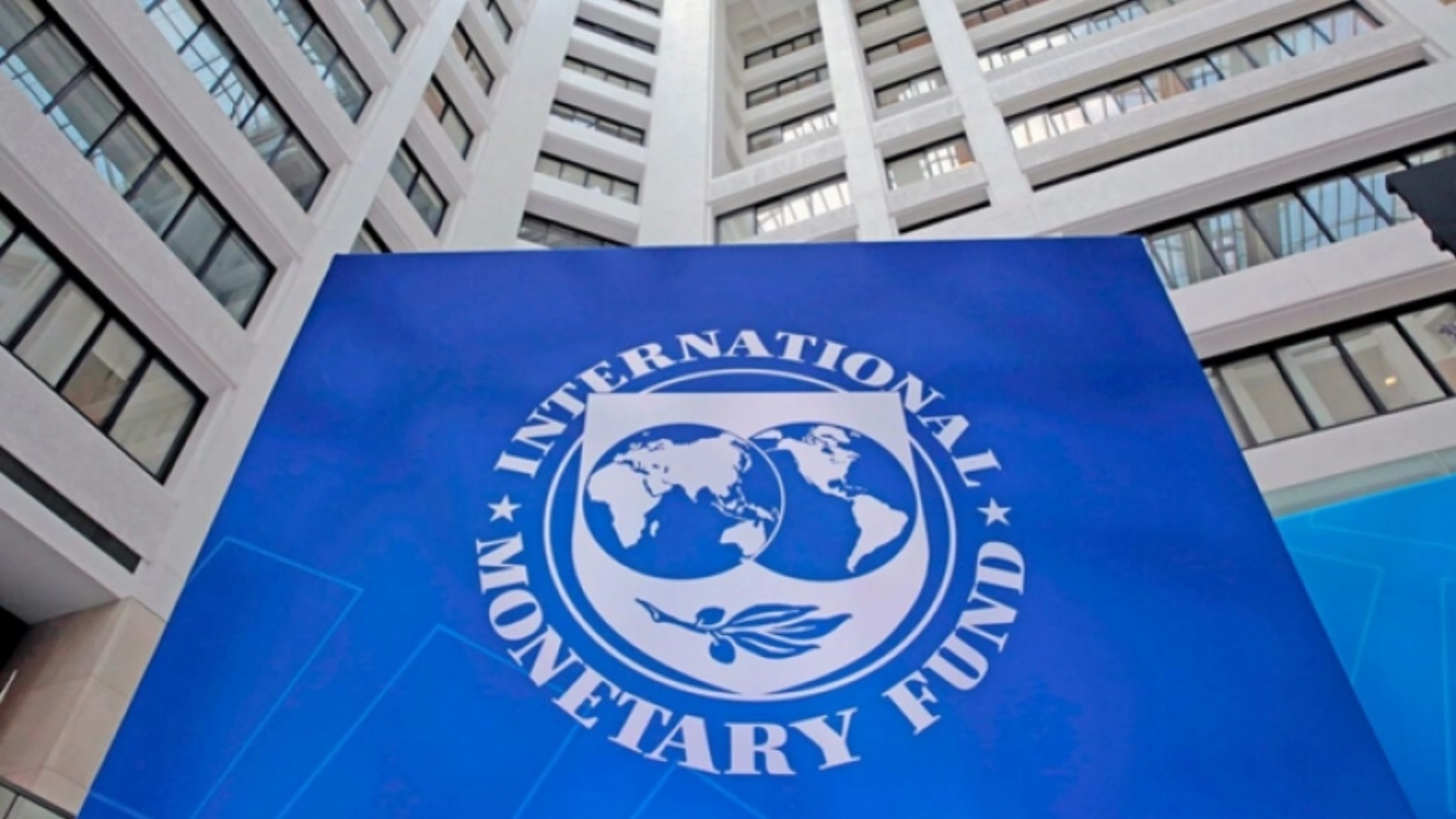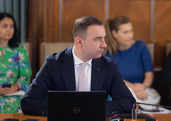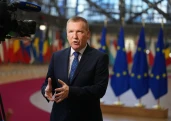The summary of the conclusions of the International Monetary Fund (IMF)'s Board confirms that the extensive measures adopted by the Romanian authorities represent an essential step towards restoring the sustainability of public finances, according to representatives of the Ministry of Finance.
At the same time, in their opinion, the IMF conclusions attest to the fact that Romania has adopted a correct and improved direction in terms of macroeconomic management, and the firm commitment to reforms is recognized at the international level.
"The IMF report confirms that our reform package is both vital for Romania and credible for our partners. We are on a significantly improved path, and the IMF mission recognizes the Romanian Government's assuming responsibility and determination to implement consistent reforms. Our priority remains the reconstruction of a healthy and resilient economy, and this confirmation strengthens our confidence that we will achieve the deficit targets and ensure sustainable growth," said Finance Minister Alexandru Nazare, quoted in a Ministry of Finance release.
According to the cited source, the IMF recognizes the importance of the fiscal-budgetary reform package for the period 2025-2026 and mentions that the measures adopted are a necessary step in the process of reducing the twin deficits.
"The IMF's Board stressed that the recent fiscal reform package for 2025-2026 is essential for restoring fiscal sustainability and market confidence in Romania's recovery capacity. In this context, the IMF anticipates that the national economy will register a gradual growth from 1.0% in 2025 to 1.4% next year. This growth will be supported by investments financed through Next Generation EU (NGEU) funds, which will partially offset the moderation in private consumption as a result of fiscal consolidation," the release added.
Regarding inflation, the IMF expects it to fall within the National Bank of Romania's (BNR) tolerance band by the end of 2026. The IMF stressed that the BNR's cautious approach is appropriate, and monetary policy rate cuts should be resumed only after wage and price increases moderate in a sustained manner. The IMF's Board also noted that greater exchange rate flexibility over the medium term would increase resilience to shocks.
The Ministry of Finance also states that the IMF has recognized the positive effects of the structural reforms implemented by Romania, including those aimed at ensuring labor market inclusion, such as developing early education to support working parents, modernizing vocational training, and promoting youth employment.
"Another important aspect highlighted in the IMF Report is the continuation of governance reforms, including improving the efficiency of public administration and the predictability of the measures adopted by the Government, in order to strengthen Romania's attractiveness for investments. The Ministry of Finance remains determined to consistently implement the fiscal consolidation measures necessary to reduce the budget deficit and ensure a sustainable and lasting development of Romania," the press release also reads.
































Comentează